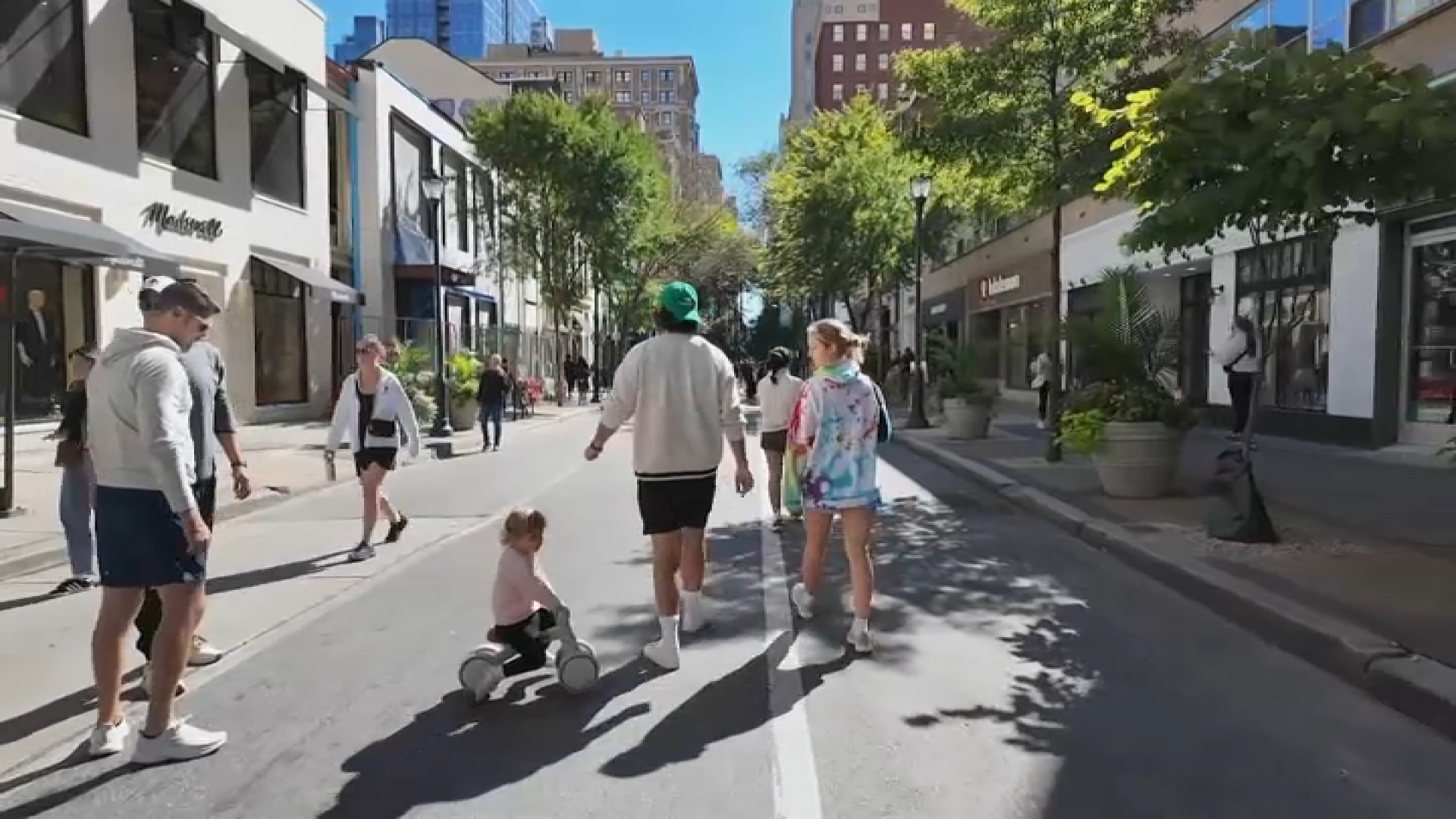A black man who suffered a broken jaw after being kicked in the head by a white officer was alert and belligerent shortly afterward, a Delaware police supervisor testified Tuesday in the trial of his fellow officer.
Dover Lt. Todd Case was the first witness called in the trial of Cpl. Thomas Webster IV, who is charged with felony assault.
A police dash cam video shows Webster kicking Lateef Dickerson in August 2013 while Dickerson was on his hands and knees. Dickerson was knocked unconscious and suffered a broken jaw.
Webster's attorney has argued the officer's actions were justified as he and other officers responded to reports of a fight involving a large group of people and a man matching Dickerson's description armed with a gun.
Case, a platoon sergeant who supervised Webster and was on patrol that night, said he asked Dickerson how he was after arriving. Case said Dickerson responded by spewing profanities and telling police they were lucky they caught him.
"He seemed fine," Case said, adding that Dickerson had blood on his lip and chin.
"He was coherent. He was alert. He was mad. He was belligerent," said Case, who was called as a prosecution witness.
Local
Breaking news and the stories that matter to your neighborhood.
Prosecutors wasted no time in presenting the dash cam video, the crux of their case, to the jury. Deputy attorney general Mark Denney Jr. invited jurors during his opening statement to watch it "as many times as you like."
"They say a picture is worth 1,000 words," Denney said. "A video could be worth more than that."
Denney also said the defense will try to portray Dickerson as "an awful person with a lengthy criminal history" but suggested Dickerson's background does not matter.
"Thomas Webster used unjustified, unnecessary force on Lateef Dickerson. ... He assaulted him," Denney said.
Defense attorney James Liguori told jurors to use common sense in deciding the case.
"You saw 14 seconds of what occurred. You will see those 14 seconds broken down," said Liguori, adding that a use-of-force expert prosecutors plan to call as a witness has made misstatements and inaccurate assumptions.
Liguori has maintained Webster's indictment in May was the result of "state machinations" and an "abuse of power."
Following Webster's encounter with Dickerson, then-Attorney General Beau Biden's office took the case to a grand jury but failed to get an indictment. The current attorney general, Matt Denn, reviewed the case after taking office in January and ordered that it be taken to a second grand jury.
Liguori has argued in court papers that Denn's decision to take the case to a second grand jury with no new evidence was a politically motivated response to nationwide scrutiny of police encounters with black citizens.
"We live in difficult times," Liguori told jurors Tuesday. "The status of alleged victims has unfortunately been weaponized by certain factions in our society."
If convicted of felony assault, Webster faces a maximum eight years in prison, although guidelines call for zero to two years behind bars. He also would be prohibited from owning guns or working as a police officer.
Webster rejected an offer from prosecutors to plead guilty to misdemeanor assault in return for surrendering his certification and promising to never work as a police officer again.



